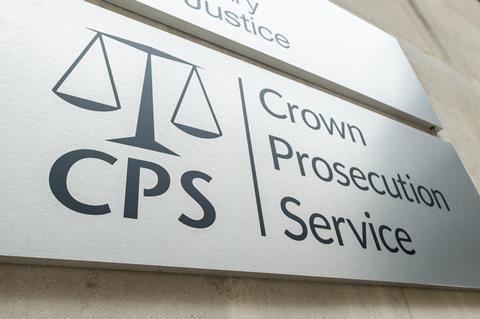A victim of alleged rape endured 21 court delays often with only 24 hours’ notice while another was the last to learn that the trial had been adjourned, according to a shocking report published by police and Crown Prosecution Service inspectors today.
Following the second stage of examining the police and Crown Prosecution Service's response to rape, HM Inspectorate of Constabulary and Fire & Rescue Services and HM Crown Prosecution Service Inspectorate concluded that the criminal justice system is continuing to fail rape victims - with 706 days elapsing on average from the date that the alleged offence is reported to the start of the trial.
In 32 of the 54 cases that inspectors reviewed, trial dates were postponed at least once. In a victims survey carried out by inspectors, half of respondents said their case was delayed at court.
Police and prosecutors said cases were being listed for trial, then removed because of factors such as judicial and counsel availability. Rape cases were still being listed as ‘floaters’ or ‘backers’, meaning they could be moved or re-scheduled at the last minute, including on the day of the trial.

One respondent said: ‘I had 21 court delays, most at 24-hours’ notice. A trial that I was told would take four days took 10 months. It was almost unendurable.’
Another visited the court the week before the trial was due to start. They said: ‘The day it got adjourned the first time, everyone found out before me. I had only just got back from court… I had the [healthcare professional] ringing me, really upset down the phone, and I had no idea what was going on… Everyone else had been told first… I felt upset anyway, but everyone else found out before me.’
In a media briefing ahead of the report being published, the Gazette asked whether rape cases should no longer be listed as ‘floaters’.
CPS chief inspector Andrew Cayley CMG QC replied: ‘What we’re saying is rape cases should not be floaters. They should not be cases that go on the listing system on the basis they may be adjourned again.’
Inspectors also said the Ministry of Justice should set up specialist rape offence courts by May to help clear the Crown court backlog. All staff would have the relevant trauma training. The advantages and disadvantages of having specialist courts should be evaluated to assess whether they should become permanent.
This article is now closed for comment.



























10 Readers' comments